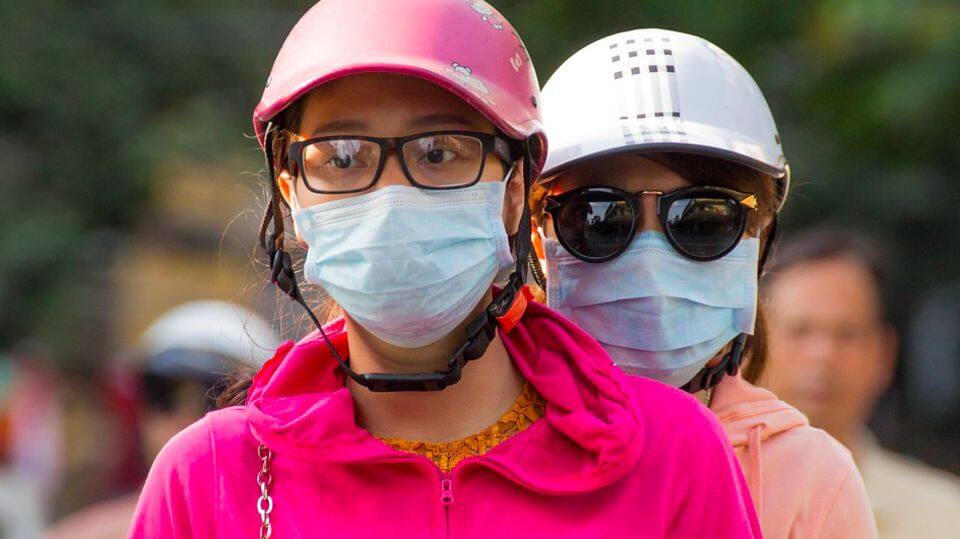
Time is running out: Global scientists warn humanity
What's the story
World scientists recently issued a second "warning to humanity", highlighting the imminent danger that our planet is in, thanks to our unsustainable lifestyles. Over 15,000 scientists from 184 countries signed a letter titled "World Scientists' Warning to Humanity: A Second Notice." The first warning was released by the Union of Concerned Scientists in 1992, and was signed by 1,700 experts.
Reason
Environmental threats have grown much-worse in last 25 years
The letter, which was published in the journal BioScience, claimed that all major environmental threats have grown much worse in the last 25 years. It particularly blamed unprecedented population explosion: two billion people have been born since 1992, a 35% increase. Scientists also cited other key factors such as global warming, heightened carbon emissions, depleting freshwater resources, and the loss of forest cover.
Destruction
Humans moving towards potentially catastrophic climate change
Scientists have warned that life on earth is on the cusp of mass extinction, with several current species either getting endangered or extinct by the end of this century. In the letter, they said it was "especially troubling" that despite innumerable warnings and evident signs, humans were still continuing towards "potentially catastrophic climate change" by burning fossil fuels and adding to greenhouse gases.
Performance
Closing of the ozone hole only environmental achievement since 1992
According to the scientists, of the several major environmental problems plaguing our planet, only one has been addressed so far. Because of a rapid global decline in the use of ozone-depleting substances such as aerosol sprays and pollutants, the ozone hole is no longer as big a threat as it was a quarter-century ago.
Solution
Act before it's too late
With time running out, the letter urges people and governments to act on a war footing. It suggests 13 environmentally sustainable alternatives to help mitigate the crisis. Among others, it encourages the use of contraception, renewable energy, and consumption of plant-based diets. Meanwhile, it asks governments to phase out fossil-fuel subsidies, increase the cover of protected reserves, and ban wildlife trafficking and illegal poaching.